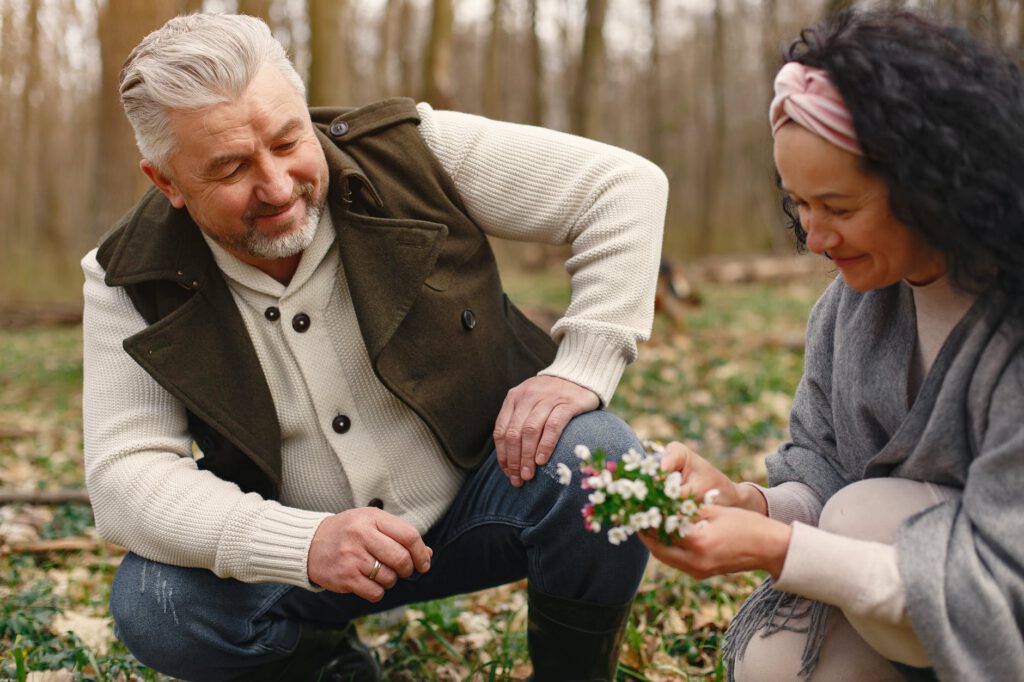Top Ways to Care for Your Loved One

Elderly care is a topic that many people have strong opinions on. Some think of it as an honor to take care of their grandparents, while others view it as a burden.
The truth is that caring for your loved one can be difficult and time-consuming but also very rewarding. In this blog post, you will learn the top ways to help you better care for your loved one!
Nursing Home
A nursing home, also called eldercare or senior care facility, provides medical and personal services to older adults who can no longer live independently in their own homes. These facilities are usually staffed 24 hours per day by nurses and other healthcare professionals. The cost of the service varies depending on the level of care required.
What Happens in a Nursing Home? In the home, an elder may live independently with family members providing support, or professional caregivers may offer assistance on a part-time basis.
Residents of nursing homes typically have more significant assistance needs and are often monitored for health concerns that could arise overnight. The goal is to maintain their dignity and independence while providing services that may not be available elsewhere.
However, note that there are a lot of abuse cases happening in nursing homes. If you suspect that your loved one is getting abused, don’t hesitate to hire trustworthy nursing home abuse attorneys.
Constant Social Visits
One of the first things that needs to happen is having an adequate schedule for social visits. This can be difficult given many older people have mobility issues, and it also depends on time availability from family members or other caregivers in your loved one’s life.
But there are still ways you can make this work! If someone nearby doesn’t have enough time to drive over every day, hire a driver so they can come out once a week instead. Or if you live near where your loved one resides, but don’t have much free time because of school or another job, consider driving them places like grocery shopping (even just around the block) when possible.
Remember, you’re not doing anything wrong by asking for help! Instead of feeling guilty, offer to split the responsibilities with a sibling or take turns so that everyone gets some time in.
Keep Them in the Know
One of the most critical parts of caring for an elderly loved one is keeping them informed from knowing when they need to take their medication, what time it is, or that you’re going out and won’t be there at a particular moment. It’s crucial to keep your parents aware of everything to not get scared or confused.
When talking with your loved one, make sure you use simple language and speak slowly because older people usually have slower reaction times than younger ones. If you want your grandparents/parents to live as independently as possible in their home, then you must do all you can to help them by making sure they are up-to-date on things such as:
- Who lives in the house
- Where objects belong
- How much money they have
- Who to call when something is wrong.
Monitor Their Diet
Some people may not have enough energy to cook. Even if they do, their diet might lack vitamins and minerals that can help them stay healthy. Ask your loved one what their favorite foods are, and then work on getting those ingredients at the grocery store.
In addition to cooking meals together, you should also try experimenting with new recipes. Hopefully, your loved one will be willing to try new things.
Encourage Frequent Exercises
It’s easy to get into the habit of not taking care of your loved one, and you may find yourself pushing it off for another day. However, this is a big mistake because exercise can help with caring for an older person.
You will keep their muscles strong, which can prevent falls and injuries and keep their joints healthy. Exercise also helps with weight management and blood pressure, which are especially important for those with chronic illnesses such as heart conditions or diabetes.
You should get a doctor-approved routine that includes three days of cardio exercise, two to four days of light muscle exercises each week (such as yoga), one day of strength-training practice, and one day of balance work (such as standing on a stability ball).
It’s essential to take care of yourself as well. Caring for someone can be an emotional and physical drain, so make sure you’re giving yourself the downtime that you deserve too! This way, both parties in this relationship are happy because they feel loved and cared for by each other. If your loved one needs assistance with their care, don’t be afraid to ask for help.


